[vc_row][vc_column][vc_column_text]
By: Daniel Akridge, Lead Support Analyst
Mobile devices are rapidly expanding into the enterprise space with more than 90% of companies having employees use personal devices to access their network and corporate content.
A survey conducted on behalf of Raytheon suggests 1/3 of employees use mobile devices exclusively to do their work, while 60% believe employees are becoming less diligent about practicing good security on mobile devices.
The question isn’t “How can I stop employees from using mobile devices?” The question you should be asking is, “What can we do to manage the mobile devices accessing our network?”
Is it time for you to invest in mobile device management?
We’ve listed out a few key factors you must look for in each plan while considering MDM service providers:
- Mobile Security
- A key factor you should look for is a mobile security platform that allows you to remotely wipe or lock the device in the case it is lost or stolen. Additionally, you should be able to restrict and define the access and ability to share email and documents on a secure platform, as well as set content filters for the internet. Also look for a platform that delivers certificates and requires user authentication.
- Mobile Management
- A few of the essentials to look for in mobility management are a secure email and document sharing app, auto enrollment, calendar, contacts, device configuration, Wi-Fi & VPN settings, and application management. Additionally, you want to enforce policies and update them, track inventory management and monitor compliance reporting.
- Cross-platform capabilities
- Whether your employees’ devices operate on iOS, Android, BlackBerry or Windows Phone, etc., it is likely that you will have more than one operating system accessing your network.
[/vc_column_text][/vc_column][/vc_row][vc_row][vc_column][vc_custom_heading text=”What are the current trends we see as most beneficial for our clients?”][vc_column_text]Bring Your Own Device: “BYOD” is when a when companies require employees to use their own device for work purposes. We suggest a plan where both personal and corporate data are housed in one device, but the corporate data operates entirely separate from the personal phone through an app.
Restriction control: You can restrict features such as FaceTime, iCloud, Screen Captures, Camera and more! This adds another layer of security, protecting restricted company data from being shared or saved in unauthorized locations.
Geo-fencing: If the device leaves certain parameters, it is wiped. The healthcare industry is rapidly moving toward tablets, and it is required for hospitals’ devices to secure private information. Wiping the device when it leaves the property ensures patient information is protected and that your company is in compliance with HIPAA regulations.
Inventory management: During audits, laptops and desktops are easy to track. Tracking mobile devices is a more difficult task without a program to manage the devices on your network, but it is becoming easier with many MDM plans.
Jailbreak: If the device is jail broken, alerts are sent to the MDM provider to shut it down and wipe the device, protecting confidential company data stored on the phone.
Updates: You can automatically distribute application upgrades and require updates. If the device is not in compliance, it can be locked or the corporate data can be wiped remotely.
Scalability: You can add on or remove devices, users and apps with no effort and in a quick manner.
Daniel Akridge is the Lead Support Analyst and Help Desk Manager at Concept Technology. He has been with Concept Technology for a year and a half and has worked in the IT solutions and managed services provider field for nearly 10 years.[/vc_column_text][/vc_column][/vc_row][vc_row][vc_column][/vc_column][/vc_row]

